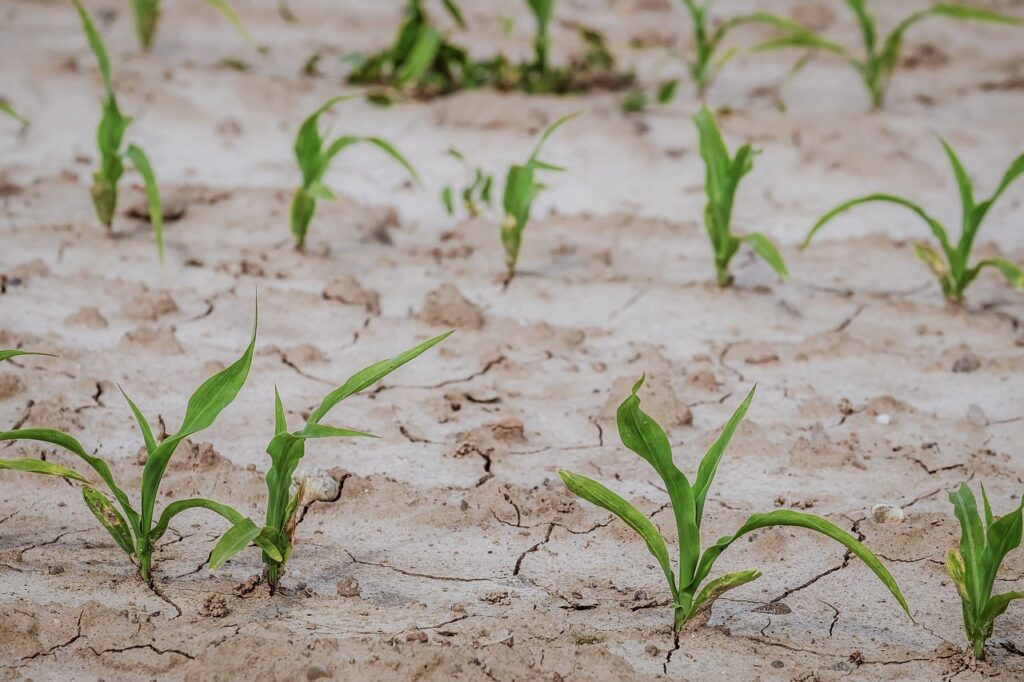Northern Ghana is experiencing a seeming drought. Over the last 2 months, the region has not received the expected rainfall. Typically, the northern part of the country experiences a single rainfall peak from June to September, while the southern part enjoys two rainfall peaks from May to July, with a minor season from September to November. However, the northern region is still awaiting any significant rainfall.
Drought conditions in the country have historically impacted several sectors. Agricultural activities have usually been most affected due to the reliance on rain-fed systems for food production. Northern Ghana’s agricultural activities are particularly vulnerable to meteorological droughts. Due to the climate of the place, situated in the savanna zone,.
The current situation is raising concerns about a potential food shortage, as the region is one of the country’s key food baskets. Hence, the lack of rain has sparked widespread fears about food security across the country.
Thousands of farmers are facing dire consequences, with crops such as millet, maize, yam, rice, and groundnuts suffering from stunted growth or significant losses. The livelihood of these farmers is at risk, and this crisis is largely attributed to the impacts of climate change. The shift in weather patterns that, in this case, has resulted in an absence of rainfall during the crucial June to September period.

MITIGATIVE MEASURES
It is, therefore, imperative to build resilient food production systems to withstand the effects of climate change.
The development of irrigation systems and drought-resistant seeds is essential.
Additionally, enhancing the capacity of rural farmers through education and skill development will help improve farming practices and soil fertility.
CONCLUSION
The government and stakeholders must take decisive action to address climate change and its impacts.
We all have a role to play in mitigating climate change. We should adopt sustainable lifestyles, such as reducing car and air travel, practicing the principles of reduce, reuse, and recycle, being mindful of our digital footprint, or planting more trees,.
